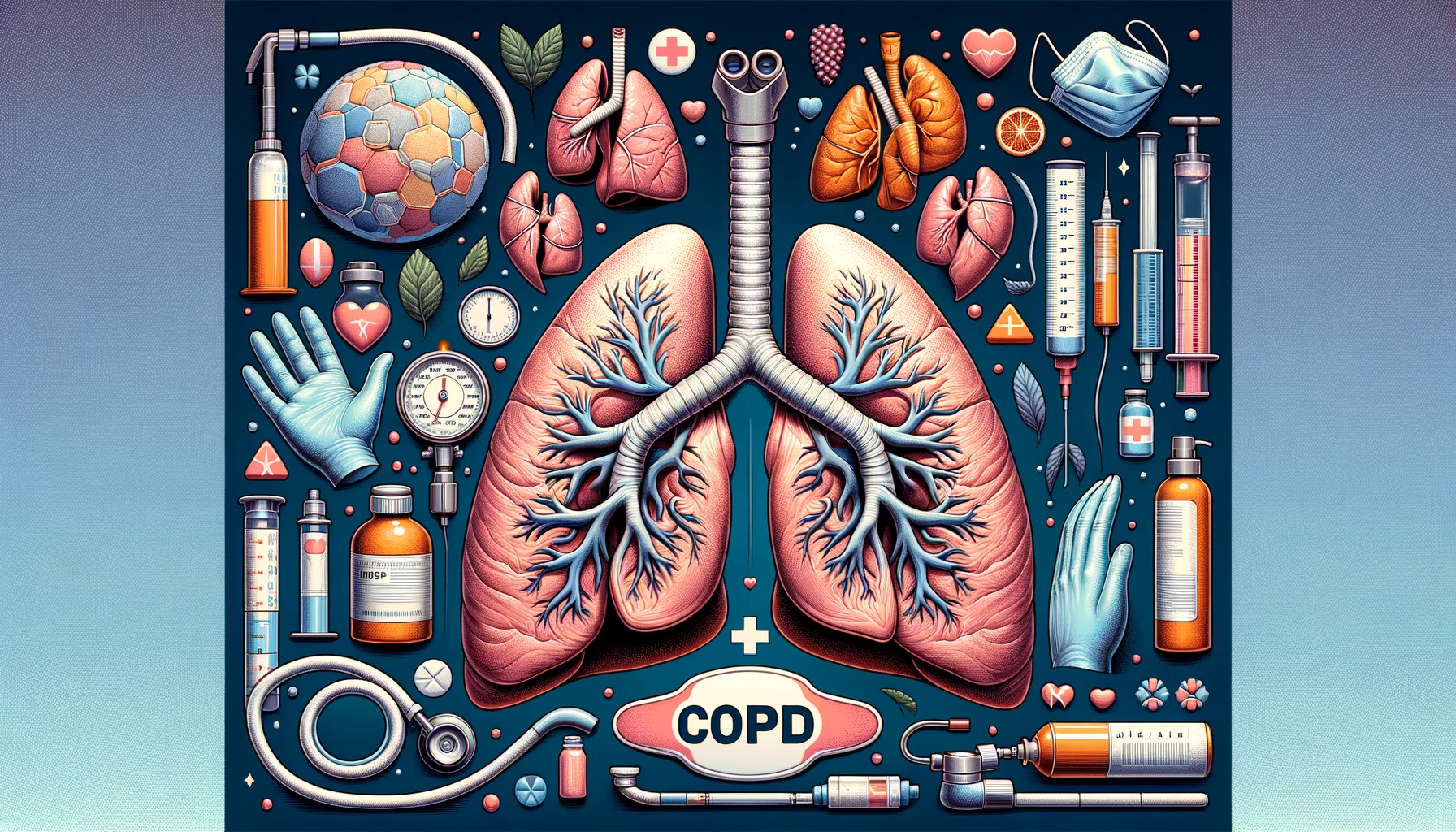Nutrition plays a vital role in human health, providing the body with essential nutrients needed for growth, development, and overall well-being.

Blog
Nutrition in Human Beings: Exploring Dietary Needs and Health
Nutrition plays a vital role in human health, providing the body with essential nutrients needed for growth, development, and overall well-being. It encompasses the process of consuming, absorbing, and utilizing nutrients from food to support various bodily functions.
A balanced diet is essential for meeting the body's nutritional needs, providing a variety of nutrients such as carbohydrates, proteins, fats, vitamins, and minerals. Consuming a balanced diet helps maintain energy levels, support immune function, promote healthy growth and development, and reduce the risk of chronic diseases.
Macronutrients, including carbohydrates, proteins, and fats, are required in larger quantities and provide energy for the body. Micronutrients, such as vitamins and minerals, are needed in smaller amounts but are equally important for various physiological processes, including metabolism, immune function, and bone health.
Various organizations, including governmental health agencies and professional associations, provide dietary guidelines and recommendations to promote optimal nutrition and prevent nutritional deficiencies and chronic diseases. These guidelines often emphasize the importance of consuming a variety of nutrient-dense foods, limiting added sugars and sodium, and maintaining a healthy body weight.
Nutritional needs vary across different stages of life, from infancy and childhood to adolescence, adulthood, and older age. Meeting these changing nutritional requirements is crucial for supporting growth and development, maintaining health, and preventing nutritional deficiencies and related health issues.
Adequate nutrition is associated with numerous health benefits, including improved immune function, enhanced cognitive function, reduced risk of chronic diseases such as heart disease, diabetes, and certain cancers, and better overall quality of life. A balanced diet rich in fruits, vegetables, whole grains, lean proteins, and healthy fats can help individuals achieve and maintain optimal health.
Maintaining a healthy diet involves making informed food choices and adopting healthy eating habits. Some tips for achieving a balanced diet include planning meals ahead of time, incorporating a variety of foods from all food groups, reading food labels, limiting processed foods and sugary beverages, and practicing portion control.
Individuals with specific dietary needs or health concerns should consult with a registered dietitian or healthcare professional for personalized nutrition advice and guidance. These experts can help create tailored nutrition plans to address individual needs, preferences, and health goals.
In conclusion, nutrition plays a crucial role in human health and well-being, influencing various aspects of physical, mental, and emotional health. By understanding the importance of nutrition, adopting healthy eating habits, and seeking professional guidance when needed, individuals can optimize their nutrition and enhance their overall health and quality of life.
A balanced diet is essential for meeting the body's nutritional needs, providing a variety of nutrients such as carbohydrates, proteins, fats, vitamins, and minerals. Consuming a balanced diet helps maintain energy levels, support immune function, promote healthy growth and development, and reduce the risk of chronic diseases.
Macronutrients, including carbohydrates, proteins, and fats, are required in larger quantities and provide energy for the body. Micronutrients, such as vitamins and minerals, are needed in smaller amounts but are equally important for various physiological processes, including metabolism, immune function, and bone health.
Individuals with specific dietary needs or health concerns should consult with a registered dietitian or healthcare professional for personalized nutrition advice and guidance. These experts can help create tailored nutrition plans to address individual needs, preferences, and health goals.
Need Personalized Health Guidance?
Get expert advice tailored to your specific health needs from our qualified healthcare professionals.





